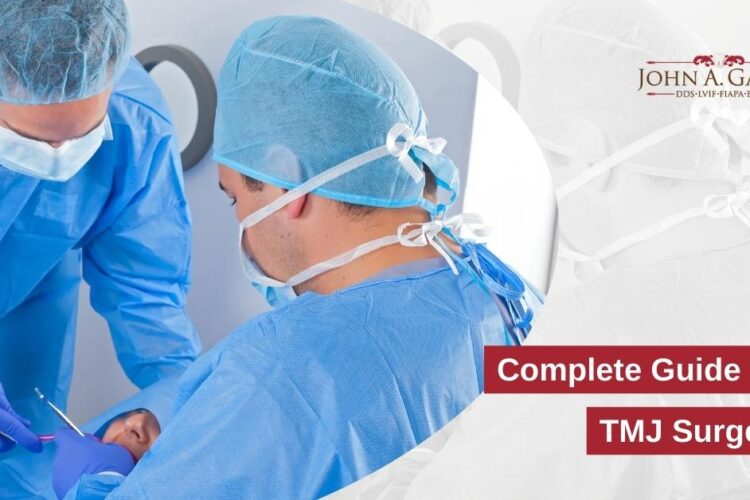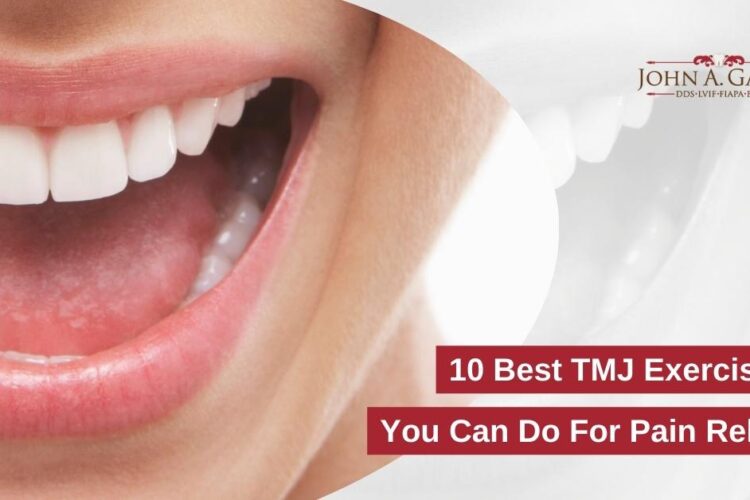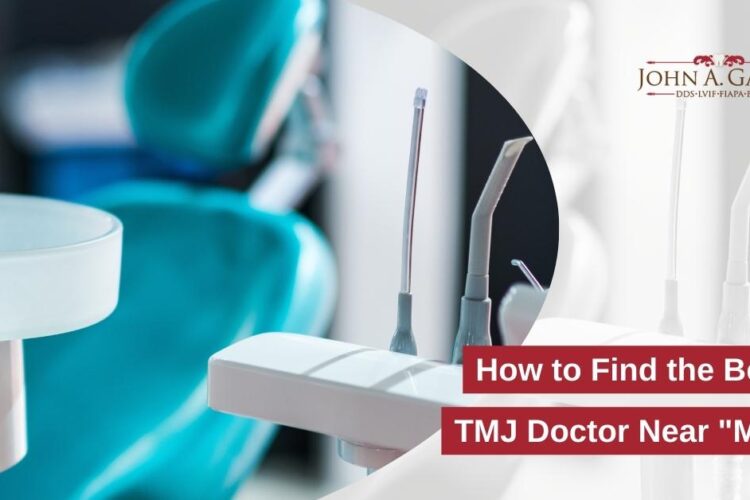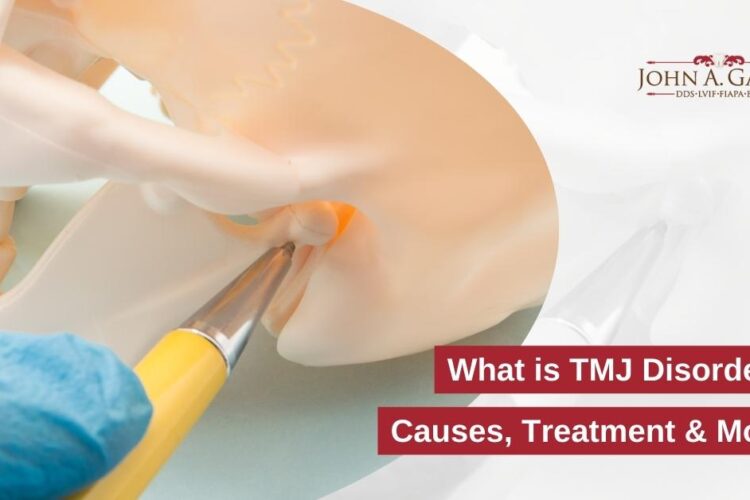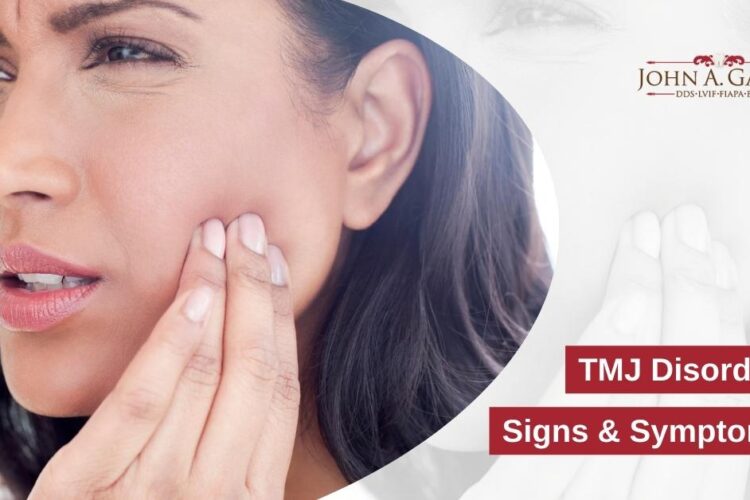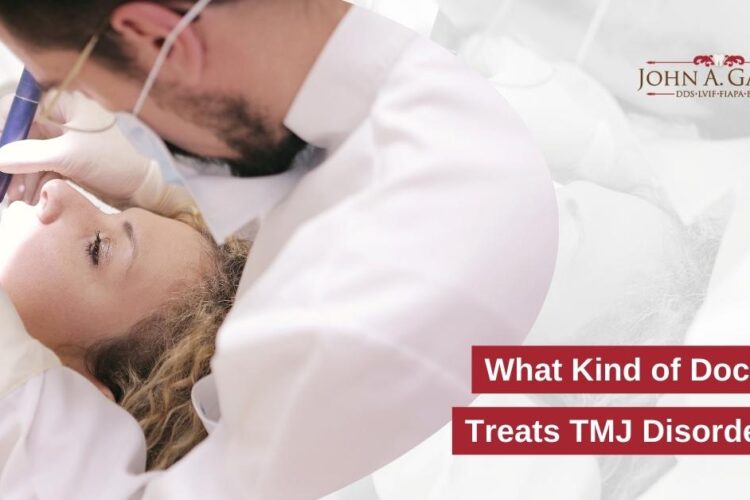Temporomandibular joint and muscle disorders, referred to as “TMJ,” are a collection of ailments that affect the jaw joint and the muscles that regulate jaw movement. Although we do not know the exact number of persons who suffer from TMJ issues, certain estimates claim that over 10 million Americans are impacted. Women tend to be
read more
The temporomandibular joint disorder affects the jaw’s bones and muscles. While you speak, eat, or yawn, your TMJ moves your jaw. Both sides of your jaw have ligaments, joints, and muscles that regulate it. When these areas become misaligned, your jaw becomes tight and painful. When you are currently suffering pain and discomfort due
read more
TMJ is a combination of pain, jaw joint issues, and muscle spasms caused by misaligned teeth, jaw joints, and chewing muscles. This discomfort and anguish can lead to long-term problems and lower quality of life. Unlike dental issues, temporomandibular joint issues can be resolved with easy lifestyle adjustments that improve sleep, pain reduction, and speech.
read more
It can be difficult to focus or carry out your regular routine if you are suffering from jaw pain. There might be considerable pain in your jaw, neck, shoulders, and upper back due to temporomandibular joint disorder (TMJ or TMD) regardless of the underlying cause. In this article, we’ll guide you on how to
read more
What is TMJ Disorder? Causes, Treatment & More When a person has TMJ, they refer to a range of problems that affect the jaw joint and its muscles, resulting in discomfort or dysfunction. According to some estimates, more than 10 million Americans are estimated to suffer from TMJ issues. Women are more likely to suffer
read more
How to Cure TMJ Disorder Permanently The temporomandibular joint is crucial for facial muscle action, such as smiling or chewing. This joint links the skull to the lower jaw. We often refer to the lower jaw as the temporal bone, placed immediately in front of the ear. In this article, we’ll discuss how to cure
read more
TMJ Disorder: Signs & Symptoms TMJ pain is frequently caused by the temporomandibular joint (TMJ), the hinge-like joint between your upper and lower jawbones. TMJ problems emerge when this joint is not functioning properly. Your temporomandibular joint is a network of ligaments, muscles, discs, and bones that allows you to move your jaw side to
read more
What Kind of Doctor Treats TMJ Disorder? The complex joints that allow your jaw to move so widely are the temporomandibular joints (TMJs). The heavy use these joints undergo makes them susceptible to deterioration. Other soft tissues may also become inflamed, depending on the severity of the condition. Stress is also a significant contributor to
read more
